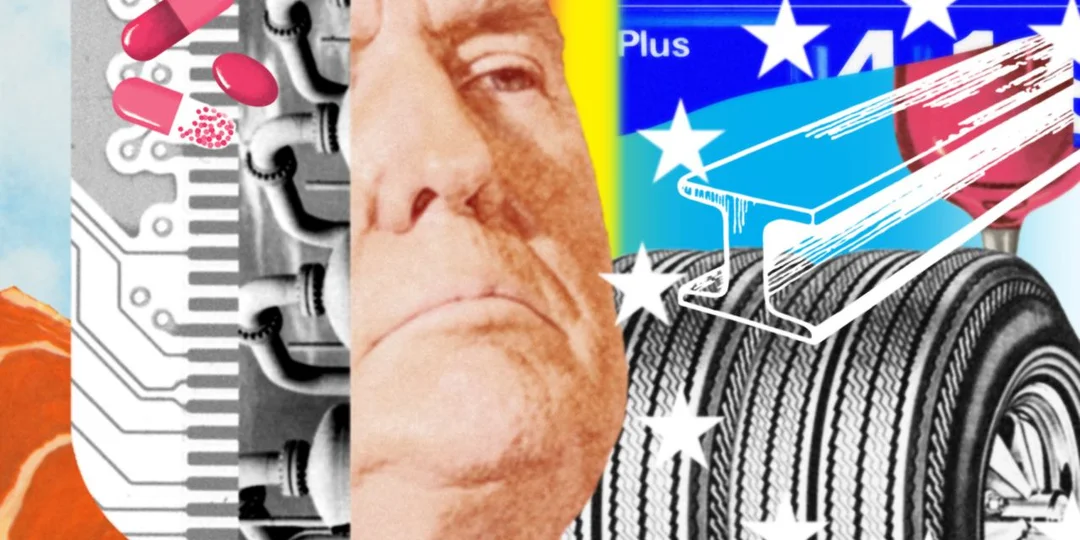
What Does Nvidia’s Chip Export Ban Mean for the Tech Industry?
The recent announcement from Nvidia regarding U.S. government restrictions on chip exports to China has sent shockwaves through financial markets, leaving investors and analysts grappling with potential implications for the tech industry. Nvidia (NVDA), a leading player in semiconductor manufacturing, is expected to incur staggering costs, and the ripple effects could impact several sectors across the economy.
On April 16, 2025, Nvidia revealed that the new export regulations will result in a massive $5.5 billion hit to their bottom line. The company informed shareholders that new licenses for exporting its H20 artificial intelligence chips to China would be required, essentially crippling their ability to tap into one of the largest markets for AI technology globally. In the wake of this revelation, Nvidia’s stock dropped over 5%, a stark indicator of investor concern about the company's future performance.
AMD, another significant player in the market, echoed concerns, projecting losses of up to $800 million due to similar restrictions. The tech-heavy Nasdaq Composite (^IXIC) fell over 2.3% as investor sentiment turned sour, further highlighting the precarious situation tech companies find themselves in amidst changing trade policies.
The uncertainty surrounding President Trump's trade policy only compounds the situation. As tariffs on critical imports remain unresolved, the tech sector faces additional strain. In an exclusive interview with Yahoo Finance, Treasury Secretary Scott Bessett hinted that "substantial clarity" on tariffs may come in the next 90 days, but the current state remains tumultuous.
Simultaneously, economic indicators suggest some resilience in the broader economy, as retail sales rose by 1.4% in March, marking the best reading in over two years. However, this uplift might not be enough to counterbalance the potential downturn in the tech sector. Homebuilders, for example, reported rising costs driven by tariffs. In a report, NAHB chief economist Robert Dietz stated that policy uncertainty is hurting home construction decisions.
The impact of the new restrictions is evident not just in stock prices but also in builder confidence, which has been shaken by ongoing trade war rhetoric. With supplier costs rising, it’s projected that approximately 60% of homebuilders are facing increased prices, on average seeing a hike of 6.3%, adding an estimated $10,900 to each new home.
As analysts scrutinize the evolving situation, one thing is clear: technology companies are caught in a web of trade complexities that can undermine their operations in critical markets. The urgency for diplomatic solutions is becoming more pressing as stakeholders from various sectors are left pondering how long these tensions might last.
In conclusion, while Nvidia's unfortunate circumstances shine a light on the acute vulnerabilities within the tech industry, they also elevate questions about the future of U.S.-China trade relations. Could these new restrictions lead to a call for innovative problem-solving among tech giants? Or will uncertainty continue to cloud business operations? We invite you to share your thoughts on how these developments may reshape the future of technology and trade.